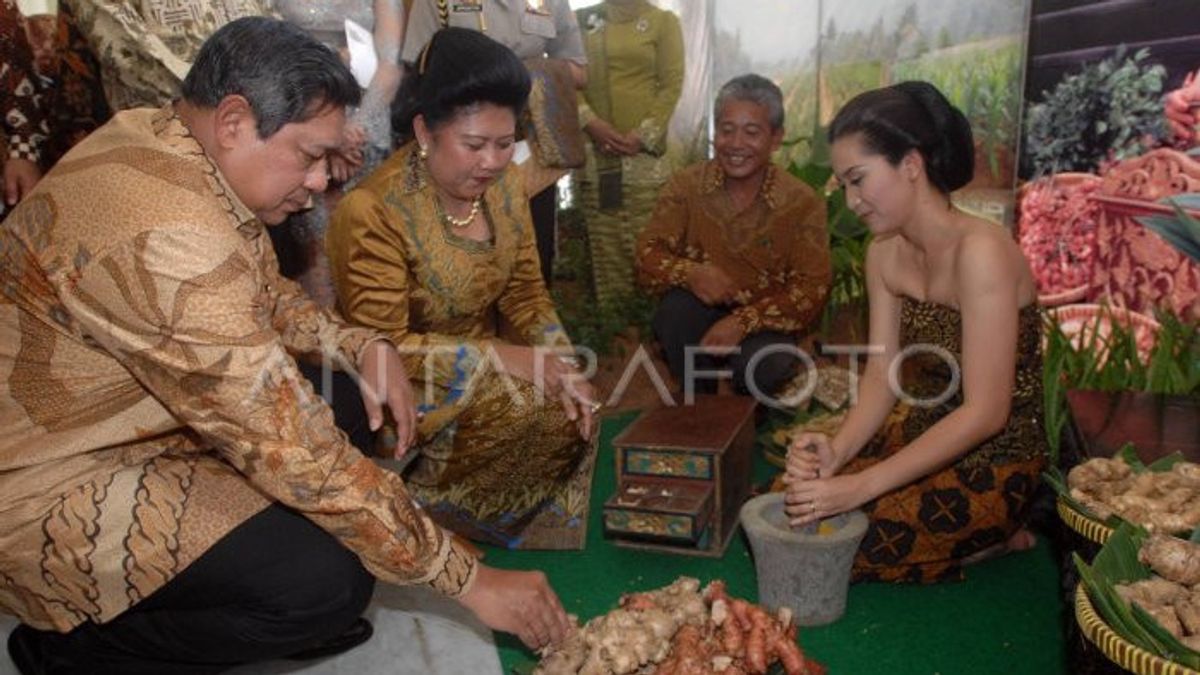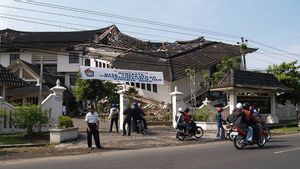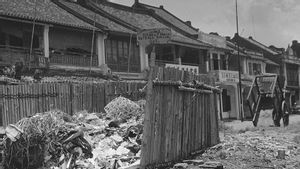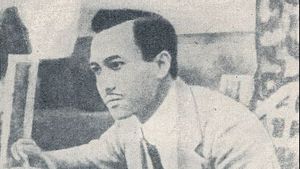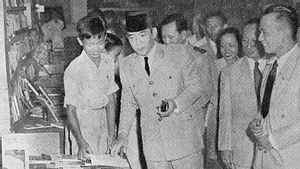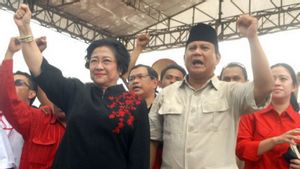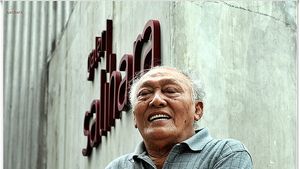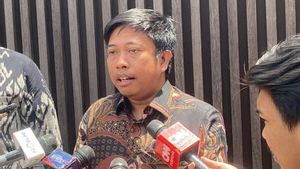JAKARTA Memories of today, 15 years ago, May 27, 2008, President Susilo Bambang Yudhoyono (SBY) launched the revival of Indonesian herbal medicine. He also made herbal medicine 'Brand' Indonesia. The declaration was perpetuated as a form of Indonesia's commitment to introduce herbal medicine to the world.
Previously, traditional medicine with herbal medicine was considered a legacy of pride in Indonesia. Herbal medicine is capable of being an alternative treatment when medicines from the west are expensive or rare.
Traditional medicine with herbal ingredients has always been an alternative in the archipelago. In fact, since the time of Indonesia, the Dutch colonized. The presence of the Dutch who introduced western-style medicine did not necessarily make interest in herbal medicine fade.
Moreover, herbal medicine is not only considered to have the efficacy to be able to cure diseases, but also to help the spiritual to sexual world. Treatment with herbal medicine is slowly starting to be liked by Europeans in the archipelago.
Everything is because herbal medicine is easy to find. They can even grow herbal ingredients in their respective homes. When the time comes, herbal ingredients can be harvested and processed into a efficacious drug.
The enthusiasm for treatment with herbal medicine did not necessarily fade when entering the Japanese colonial phase. The economic condition that was in disarray after the arrival of Japan became the estuary. This phase limited the availability of food to medicines.
However, the Bumiputra doctors are not too dizzy. They then relied on herbal medicine as an alternative while medicines were still scarce. This condition was also agreed by the personal doctor of the Soekarno-Hatta independence fighter, R. Suharto. He even often uses herbal medicine in practice and works.
In giving medicines during the Japanese occupation, I often use herbal ingredients based on recipes from various Kruidenboek, medicine spice books, by Paesens, Kloppenburg Versteeg and others. To prepare the ingredients, I use the power of a herbal maker."
Types of ingredients that can be dried, or can be given in the form of powder and pills, and last for several days. It turns out that many of the herbal ingredients contain antipirritis and analgetic power, decreased heat and pain relievers, and many can reduce or stop diarrhea, dredging, cough, and other diseases," explained R. Suharto in the book Historical Actions (1984).
The prestige of herbal medicine is slightly reduced when Indonesia is independent. Progress between the world of medicine is the reason. Medicines are then easy to obtain and sell cheaply. Therefore, herbal medicine becomes difficult to compete. Even though many herbal companies appear.
The government of President SBY does not want that to happen. He sees herbal medicine as a legacy that must remain sustainable. He also has a dream so that herbal medicine can be known throughout the world. That desire is not just talk.
SBY then actively supports the existence of local herbal companies. He even approved the holding of an international oversight of herbal medicine at the State Palace on May 27, 2008. President SBY on that occasion also announced the revival of Indonesian herbal medicine.
SBY then made Jamu a 'Brand' Indonesia. Alias a form of Indonesia's commitment to introduce the efficacy of herbal medicine as Indonesia's identity to all corners of the world.
另请阅读:
The declaration of Jamu as BornIndonesia by President Susilo Bambang Yudhoyono on May 27, 2008 was a momentum for the revival of the Indonesian Herbal Medicine. In 2010, this very important step was strengthened by the implementation of the herbal scientific research program by the Ministry of Health. This program aims to prove the benefits and find the right Herbal Medicine formulation so that it can be used in health services.
Furthermore, in 2011 Jamu began to be used in 12 hospitals as part of health service-based research. Research and development in intermitting amu into health services continues today, as part of Health Development," explained the Minister of Health of the 2012-2014 era, Nafsiah Mboi in his remarks in the book The Power of Jamu: Wealth and Local Wisdom of Indonesia (2014).
The English, Chinese, Japanese, Arabic, and French versions are automatically generated by the AI. So there may still be inaccuracies in translating, please always see Indonesian as our main language. (system supported by DigitalSiber.id)
